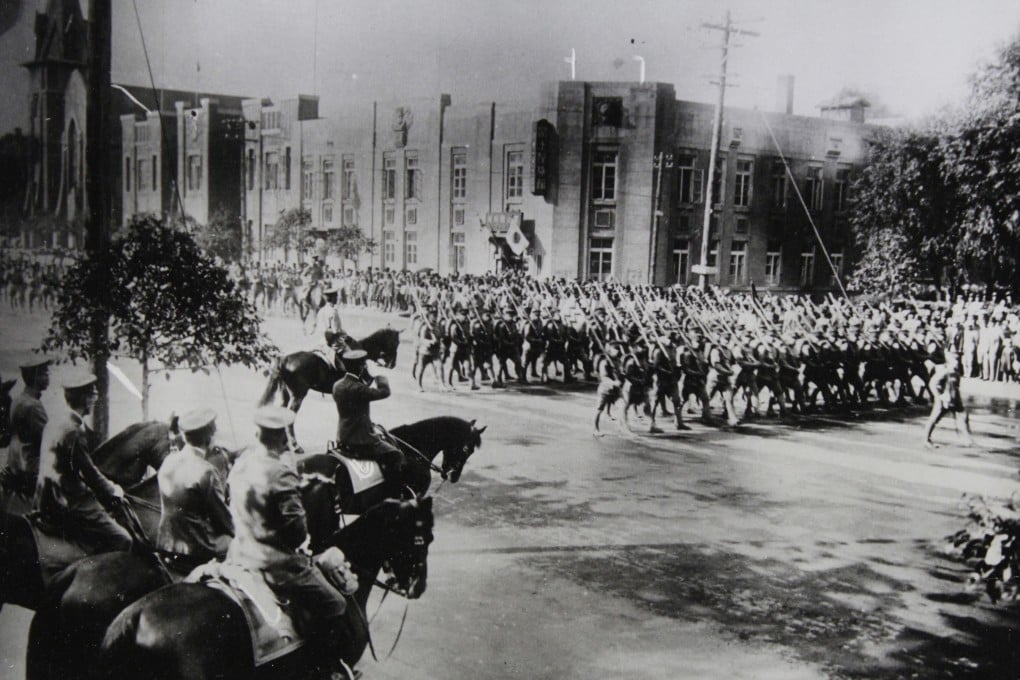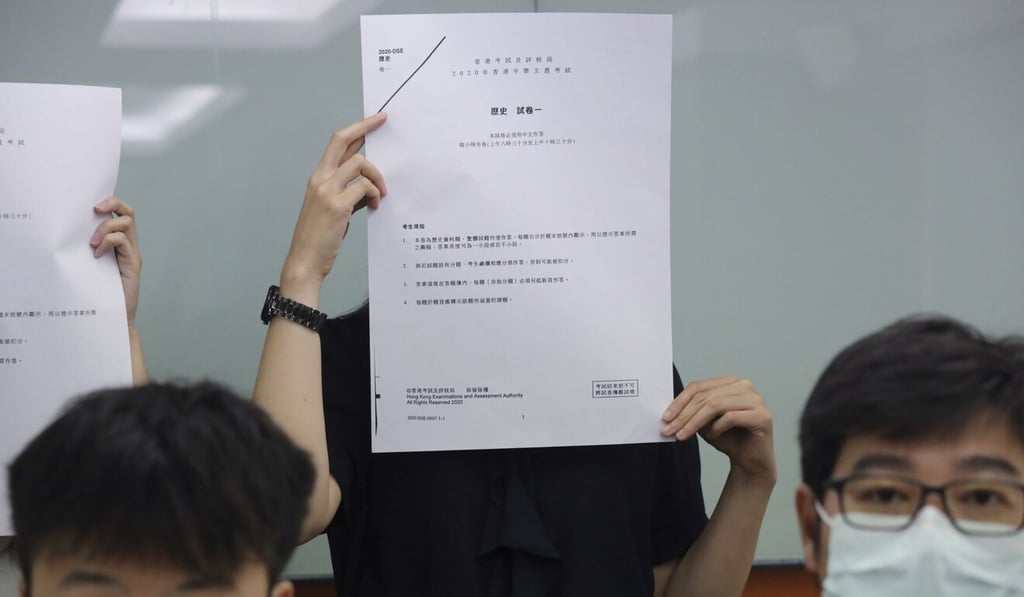Opinion | The three issues at heart of the outrage over history exam question in Hong Kong about Japan and China
- Anger over the question about Japan’s impact on China is threefold: that it was ever asked, the way it was worded, and that politicians would meddle with exams
- A teacher not involved with DSE says submissions about the exam should have been written down, made public, and those responsible allowed to mount a defence

A question on a history paper of the Hong Kong university entrance exam, the Hong Kong Diploma of Secondary Education (HKDSE), that asked students whether they agreed Japan did more good than harm to China in the period between 1900 and 1945 has engendered outrage from sections of the Hong Kong community. However, this indignation confused and confounded three separate issues.
First was the outrage that such a provocative question could be posited in the first place by the Hong Kong Examinations and Assessment Authority. On Friday the authority announced the question had been scrapped and a predicted score would be given to affected candidates based on their answers to other questions on the paper.
“No one would imagine a comparable question in Europe: ‘Do you agree that Germany did more good than harm in France (or Poland, for example) between 1900 and 1945?’,” says history teacher Robert Jones (not his real name). “Asking such a question would be seen as odd or embarrassing, to say the least, and would actually be perceived as very insulting.”
Jones believes asking students to consider the positive aspects of a foreign invasion and occupation is ethically wrong, not just for the fact that 10.2 million Chinese citizens lost their lives during Japan’s occupation, but also because it seems some in Hong Kong are questioning the possible benefits of a war, when war should not even be the last resort but, in 2020, should be considered an abject failure.

“We study history not to study wars. We study it with the dream of ending wars,” says Jones.
